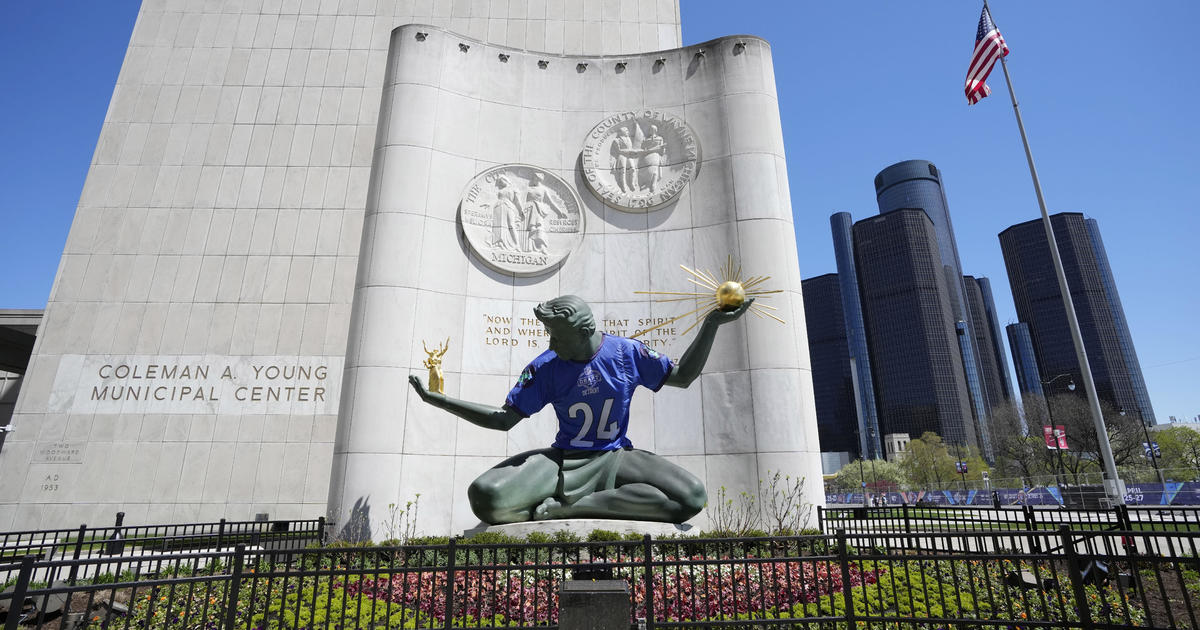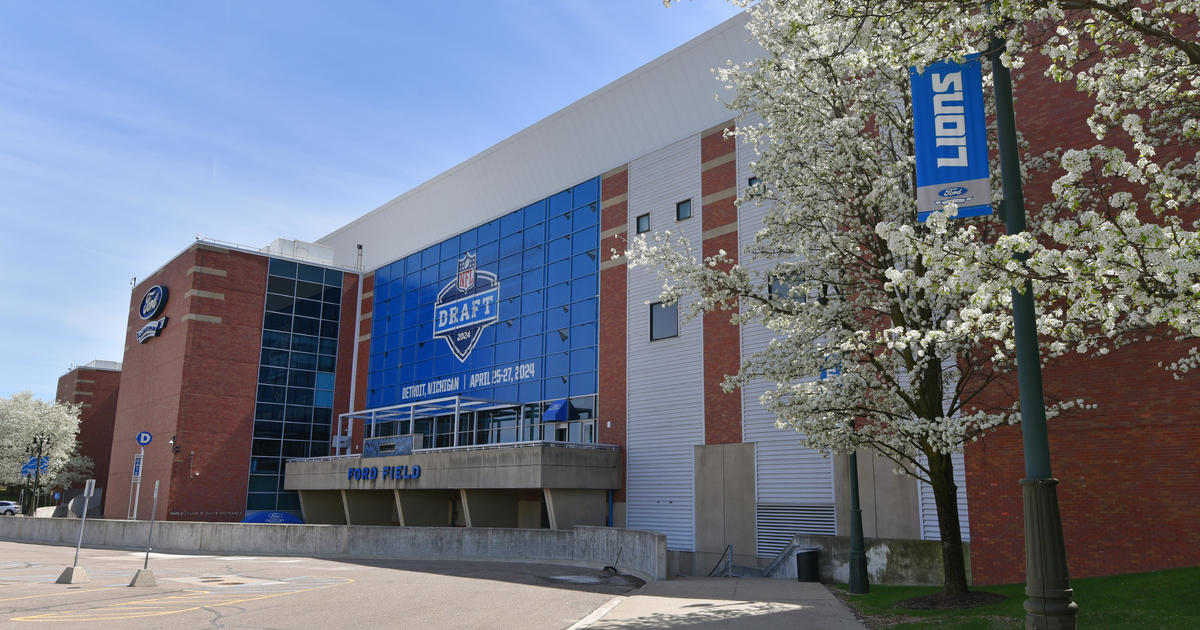Behind the wheel of Detroit's new self-driving shuttle program
(CBS DETROIT) - The city of Detroit is launching a new self-driving shuttle program this year. The program will be for Detroit's seniors and those with disabilities.
The Detroit Automated Driving System is meant to give that independence to the city's older adults and people with disabilities who lack adequate transportation.
The shuttle will take passengers to the store, doctor's appointments, or other destinations free of charge.
The program is for people 65 and older or people with a disability who live in one of two zones. The "West Zone" includes residents in the Virginia Park Community, Russell Woods, Boston Edison, New Center, North End, Elijah McCoy, LaSalle Gardens, and Dexter/Linwood.
The "East Zone" includes Islandview, Eastern Market, McDougall Hunt/Greater Villages, Lafayette Park, and Elmwood Park residents.
The program could expand after the pilot.
The city gave the $2.4 million contract to create the autonomous shuttles to May Mobility, a company based in Ann Arbor.
"We might even wonder why people were driving cars in the first place," said Edwin Olson, the CEO and Co-Founder of May Mobility.
The self-driving shuttles are cars covered in radars, lasers, and cameras that allow the vehicle to look in every direction at all times.
Passengers won't be completely alone in the car, at least for the start of the program. The vehicles will have a safety operator behind the wheel, but they're not driving. They are there to answer questions, assist wheelchair users, and take control if needed.
The driving is done by a computer in the passenger seat that continually runs real-time simulations, imagining thousands of possible scenarios at any given moment.
"The computer is running a tournament to decide which of these is the best strategy for the situation that we're in," said Olson.
The cars are also monitored by a remote operator in another location, who can make sure everyone in the vehicle is buckled in and can also make judgment calls about safety decisions on the road.
May Mobility has shuttle programs running in Minnesota, Texas, and Arizona. In Detroit, the pilot will target seniors and those with disabilities.
But will they trust self-driving cars enough to use them? Those at St. Patrick Senior Center in Detroit are split.
"I don't think I would use it. It's just a little too scary; people drive too crazy nowadays," said Deborah Youngblood
"I wouldn't want to be in a self-driving machine, and it breaks down," said Skeeter Gatling.
However, autonomous vehicles bring autonomy to passengers.
"That's the biggest thing, being a senior. The older I get, I'm really afraid that I don't want to have to depend on anybody. I want to keep my independence," said Joanne Thompson. "I understand there's a lot of kinks in it now, but hey, I am patient."
To help build trust, the shuttles are being tested at the University of Michigan's Mcity.
"It's just like a miniature city," said Henry Liu, the Director of MCity, a test track with all the attributes of an urban environment.
They test how automated cars respond to pedestrians, bicyclists, and construction. There are also more challenging scenarios like scratched or partial road signs and tunnels where GPS signals are lost.
Mcity is also a mixed-reality environment where simulated vehicles can interact with the vehicle being tested. To make the simulations as realistic as possible, they've collected data from the real world. Like one roundabout in Ann Arbor, where in one month, they collected data from five real accidents there and around 500 near-miss accidents.
"We want to be able to replicate similar near misses or crashes in the simulation," said Liu.
The shuttles are currently undergoing a two-part test developed by Mcity called the Mcity Safety Assessment Program.
The protocol includes:
A "Driver's License Test" that serves a purpose similar to a human driver's test, measuring basic competency in ordinary scenarios.
A "Driving Intelligence Test" that challenges AV software with a diverse set of dangerous driving scenarios—representing those that most often result in crashes, injuries, and fatalities.
"They still have room to improve. Human drivers are, on average, hard to beat," Liu said.
He said with time and the help of artificial intelligence, the underlying challenges will be resolved.
Mcity says their testing of the shuttle will likely run through February. After that, it will be sent to the American Center for Mobility in Ypsilanti for extended high-speed testing.
May Mobility said they plan to deploy the shuttles in June of this year.




